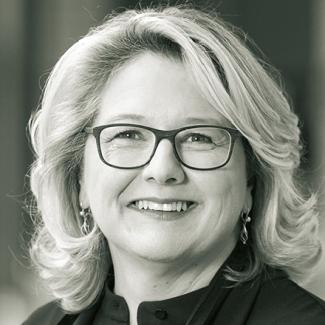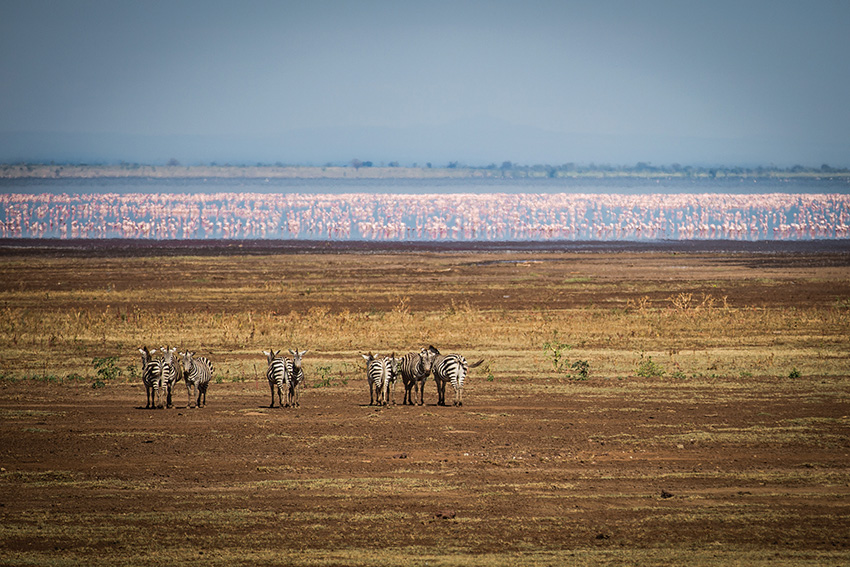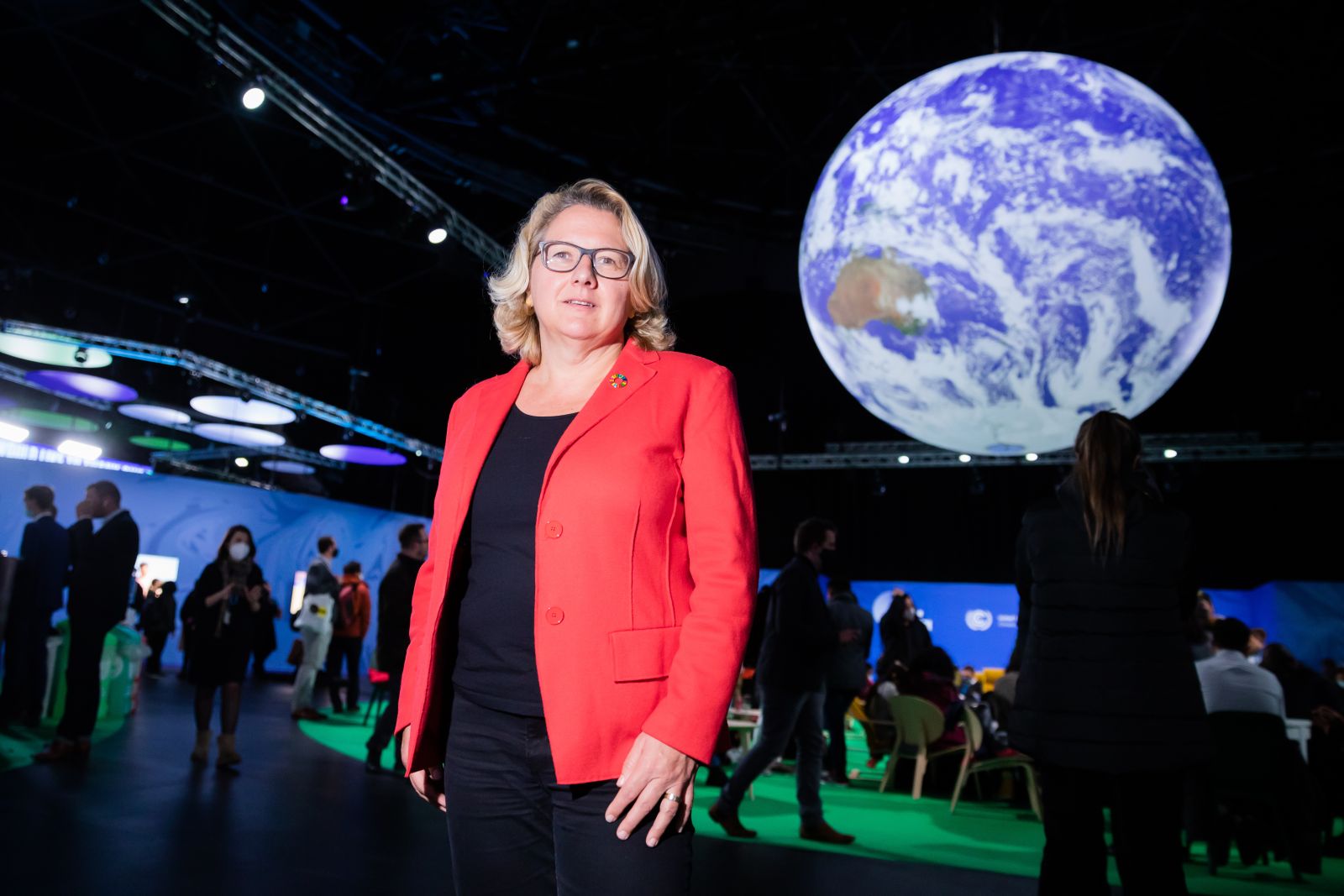Sustainable development
The future of the planet is on the line

According to your ministry, biodiversity loss is the second global crisis the world faces after climate change. Based on this, the future of humanity also critically depends on global biodiversity. Why?
Without fertile soil, air to breathe, clean drinking water and natural resources, we can’t survive, and all these things are only possible with intact ecosystems. They feed us, protect us from natural disasters and protect us from the many effects of the climate crisis. At the same time, biodiversity is suffering massively from the consequences of climate change. The climate is changing too quickly – species and ecosystems don’t follow suit. This is a vicious cycle – one we urgently need to break. Development for all people, climate change mitigation and the preservation of biodiversity must be carried out in harmony. This is a challenge that I have already dealt with as Federal Minister for the Environment and on which I can now continue to work in concrete terms as Minister for Development. Our work determines the future of the planet.
Every day, up to 150 animal and plant species disappear from the earth. Why is this relevant to people’s lives?
Species are dying at a pace not seen in human history. The animal and plant species affected are irrevocably lost. However, each species has an important function in an ecosystem, and with each species lost, the likelihood of the system collapsing increases. The consequences are dramatic. We are already seeing the harbingers: the hunger crisis, conflicts over scarce water, increasing heat.
The effects are putting a strain on all of us, but particularly on poor countries and vulnerable population groups – especially indigenous peoples and local communities. Their natural livelihoods are being lost and conflicts over resources are increasing. This is particularly unfair, as vulnerable population groups have contributed least to the causes of biodiversity loss.
Today, international attention is primarily focused on the war in Ukraine and the coronavirus crisis. How can more willingness to act and awareness of problems for climate change mitigation and the preservation of biodiversity be re-established worldwide?
I see it differently: Climate change mitigation receives a good deal of attention – in this Federal Government, but also in the population. Everyone is experiencing it. Climate change does not take a break, even in times of war. We just experienced a summer in Europe hotter than ever before. We are working decisively towards a liveable future for our and future generations. Climate change mitigation and biodiversity conservation were top issues at the G7 meeting at Elmau Castle. At all levels, we are currently working on a successful global climate change conference in Sharm El Sheikh in November and a new global framework for biodiversity conservation, which will be decided at the UN nature summit in Montreal in December.
There are always conflicts between conservation and the fight against climate change, for example in the energy transition when building wind turbines. How can the two be combined in partner countries?
Of course, there are conflicting objectives. The partner countries deal with the same issues we do in that respect. A good balance between protection and sustainable use is necessary. The solutions are also similar, for example, checking environmental compatibility, determining environmentally friendly locations. And another vitally important factor is that these processes must involve all relevant stakeholders, especially those who are most impacted but have contributed the least: the indigenous and local populations in our partner countries. That is a question of justice. Sustainable agriculture is another important factor. And with nature-based solutions, forests, oceans and mangroves can be preserved as natural carbon sinks while simultaneously enhancing human and nature’s ability to adjust to a changing climate. Naturally, conservation areas are also extremely important for the preservation of ecosystems. For example, with the Legacy Landscapes Fund, a global natural heritage fund, we recently established an important instrument to enable selected outstanding conservation areas to receive long-term “permanent financing” and planning security that is unaffected by crises.
At the moment, global warming is continuing to progress and we continue to lose biodiversity. How optimistic are you that it is possible to successfully reverse this trend?
We have already been able to achieve a lot over the past several years. The global deforestation rate fell by a third between 2010 and 2020 in comparison with the previous decade. Protected areas already account for over 16% of land area and 8% of the oceans. Without these and other measures, two to four times as many birds, amphibians, insects and mammals would probably have died out. Our efforts are having an impact on a small scale, and we need to build on that. We still have a chance to preserve biodiversity and protect the planet from reaching the tipping point. Biodiversity and climate change mitigation are not a luxury, they are essential for survival – for us and for all generations to come.
Link
Development Finance Forum 2022
Svenja Schulze is Germany's Federal Minister for Economic Cooperation and Development. www.bmz.de/en
She was interviewed by Michael Ruffert of KfW Development Bank.












